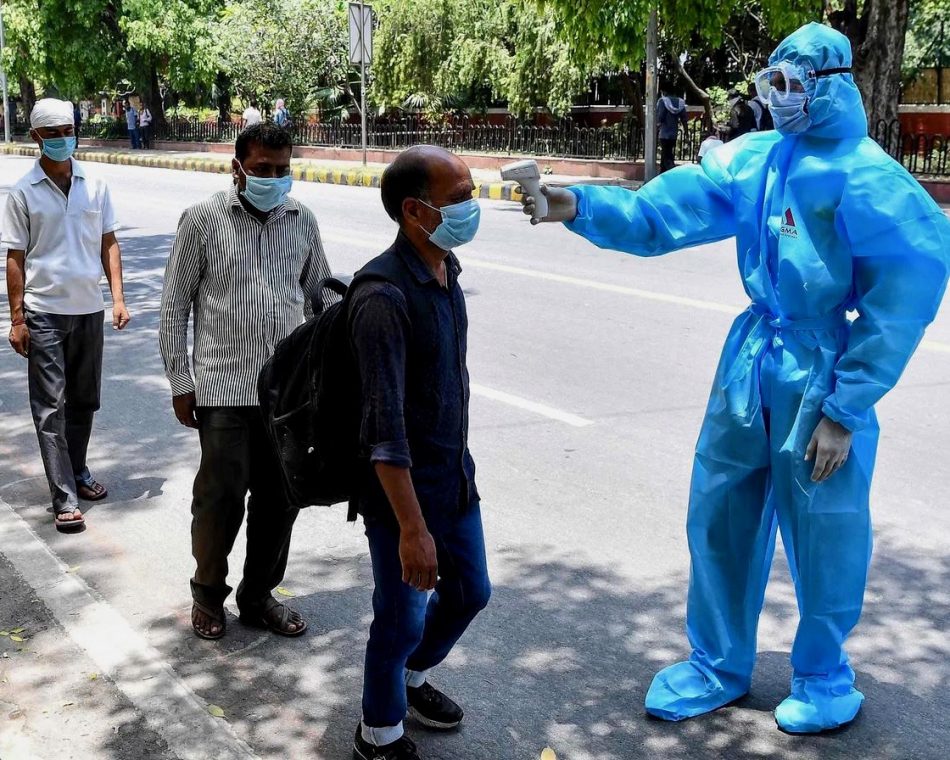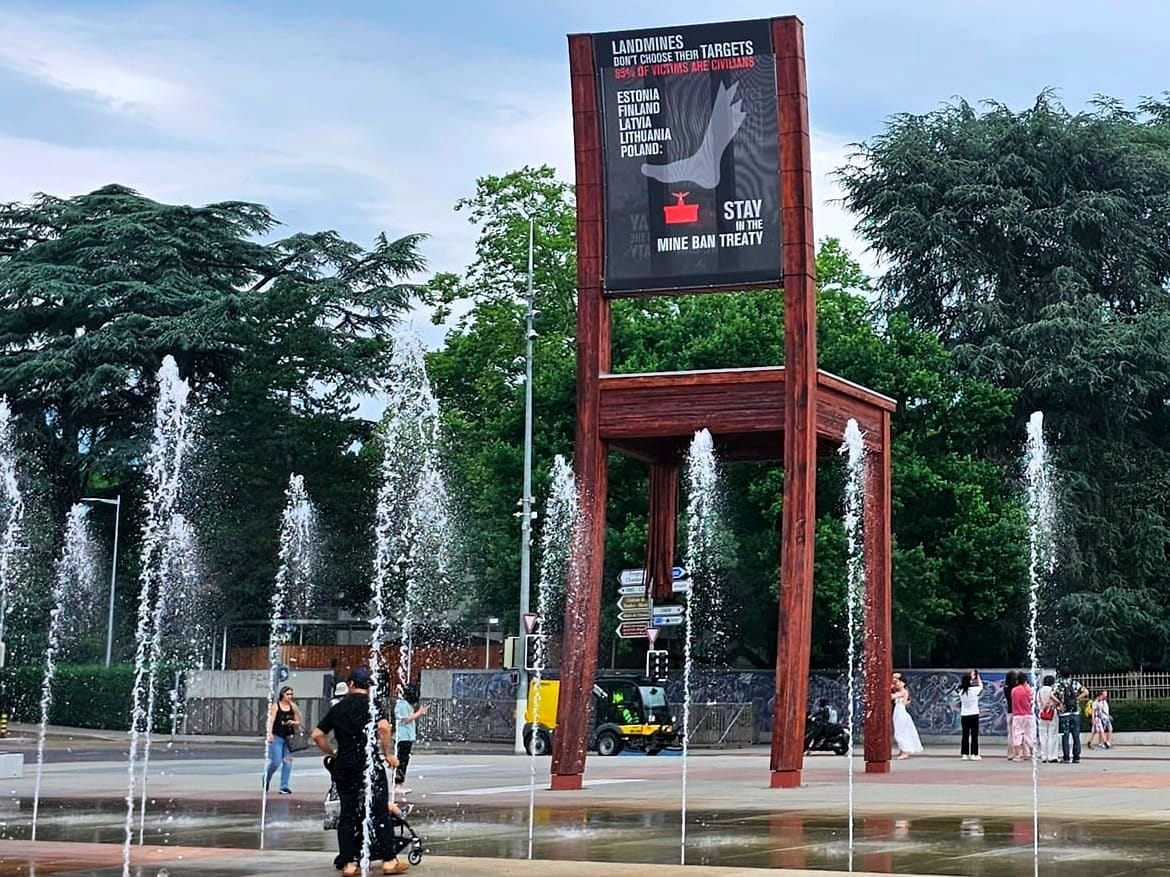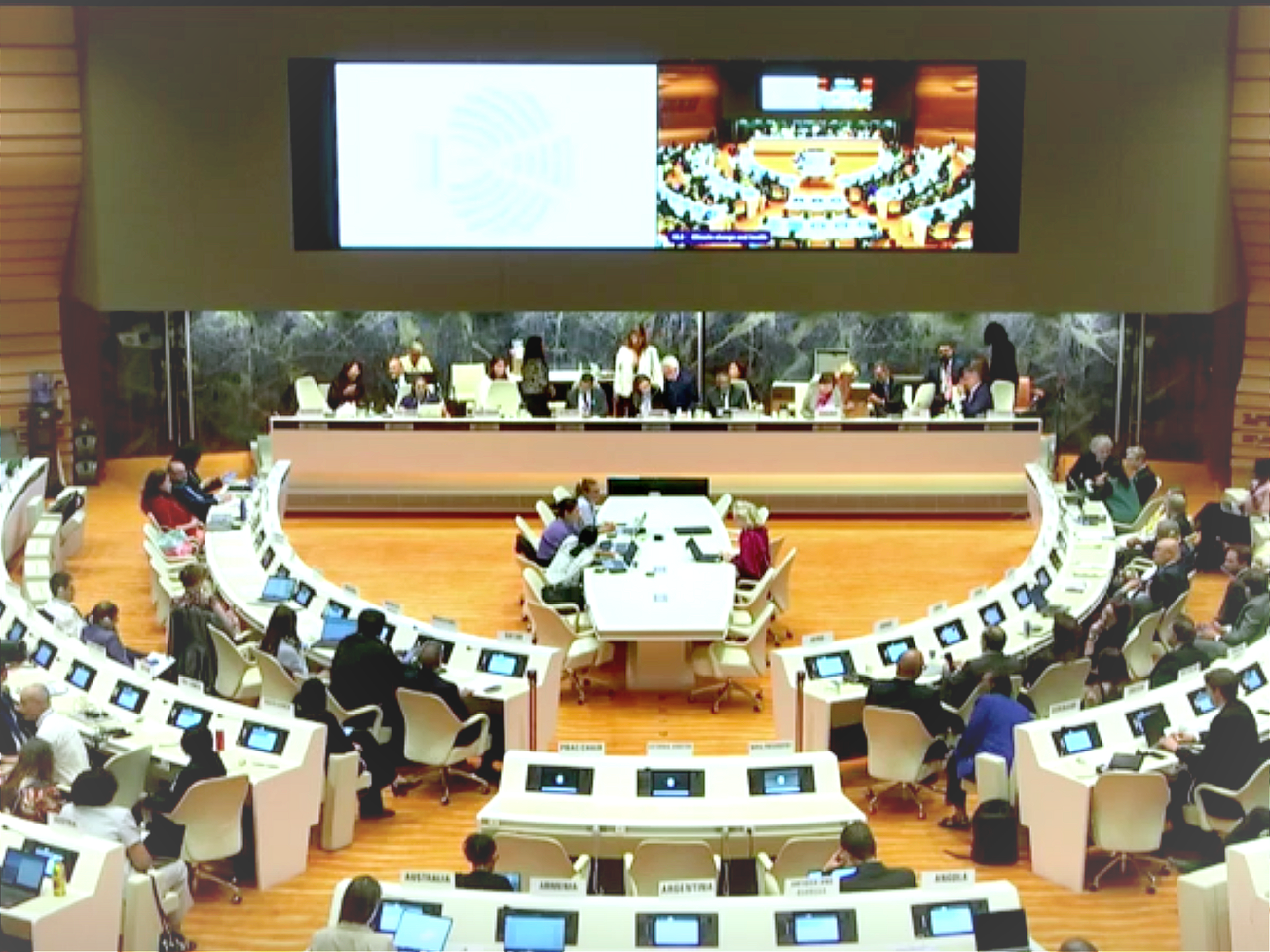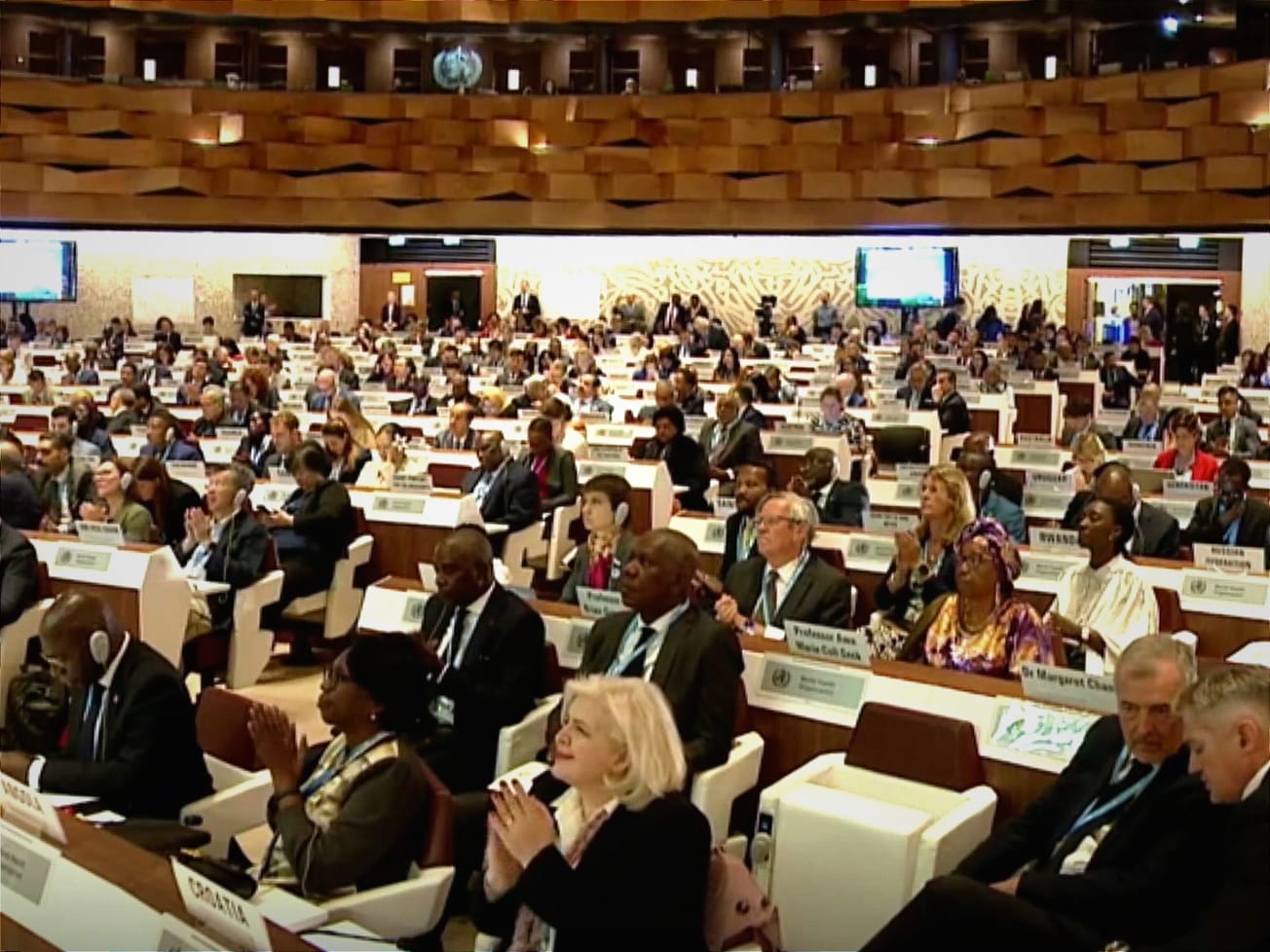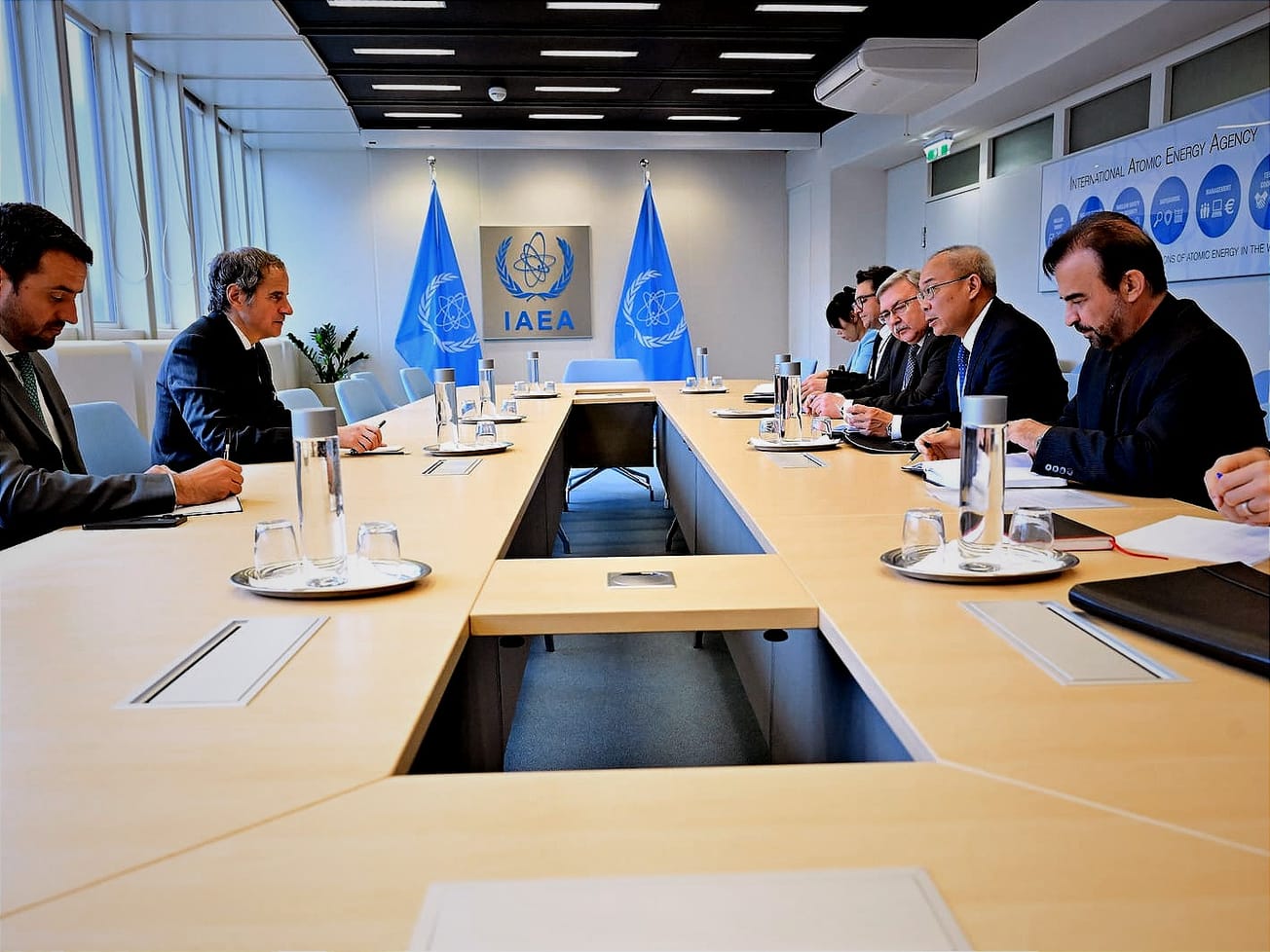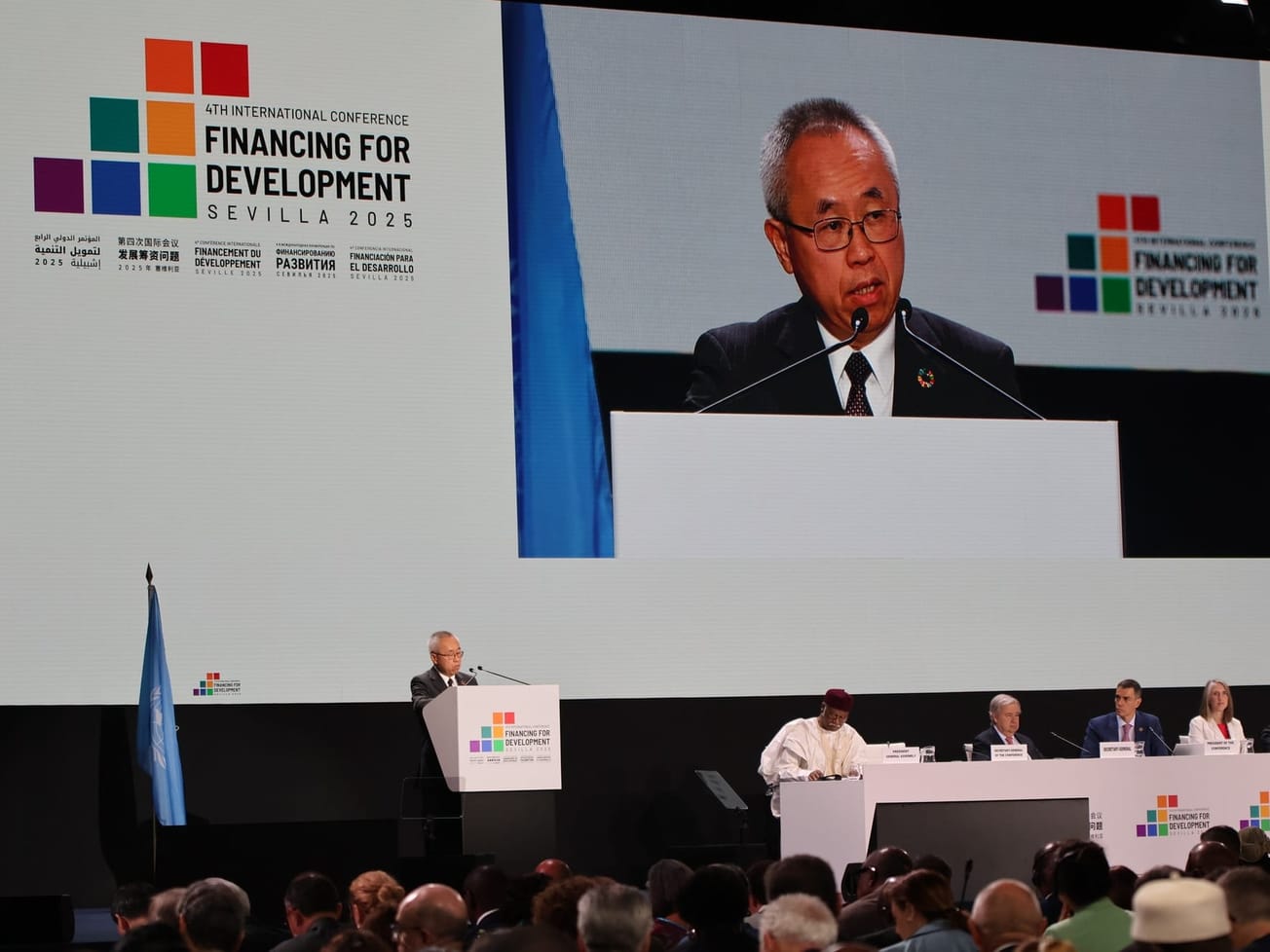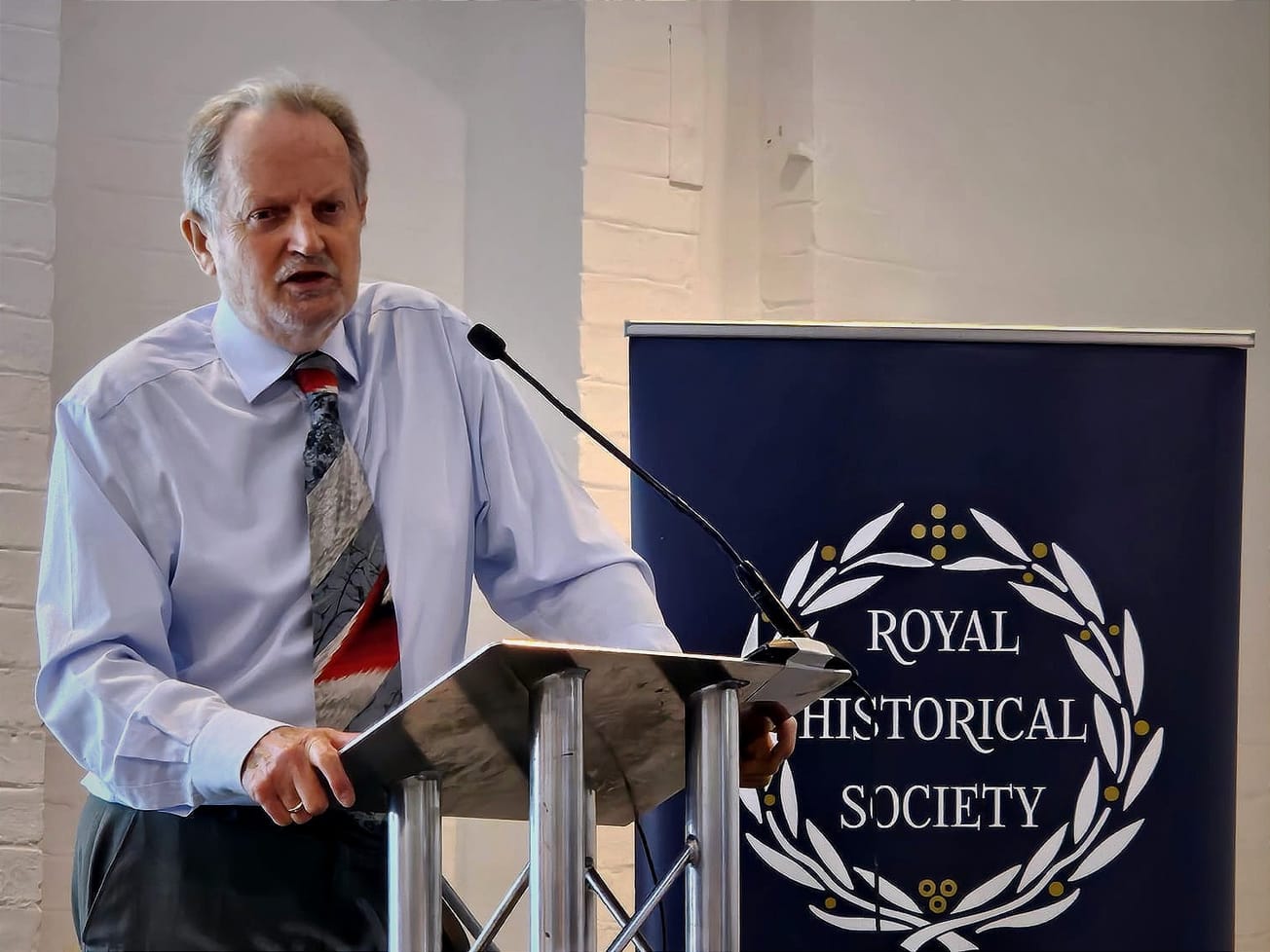Confirmed cases of coronavirus worldwide surpassed 150 million — two of every five cases in the United States, India and Brazil alone — with more than 3.1 million deaths and 87 million recoveries as of Thursday.
The infection rate, which shows the pandemic is still going strong, rose to 19,184 per 1 million people globally. That is up from 12,783 per 1 million at the 100 million mark on January 26, and from 6,426 per 1 million at the 50 million mark on November 8.

